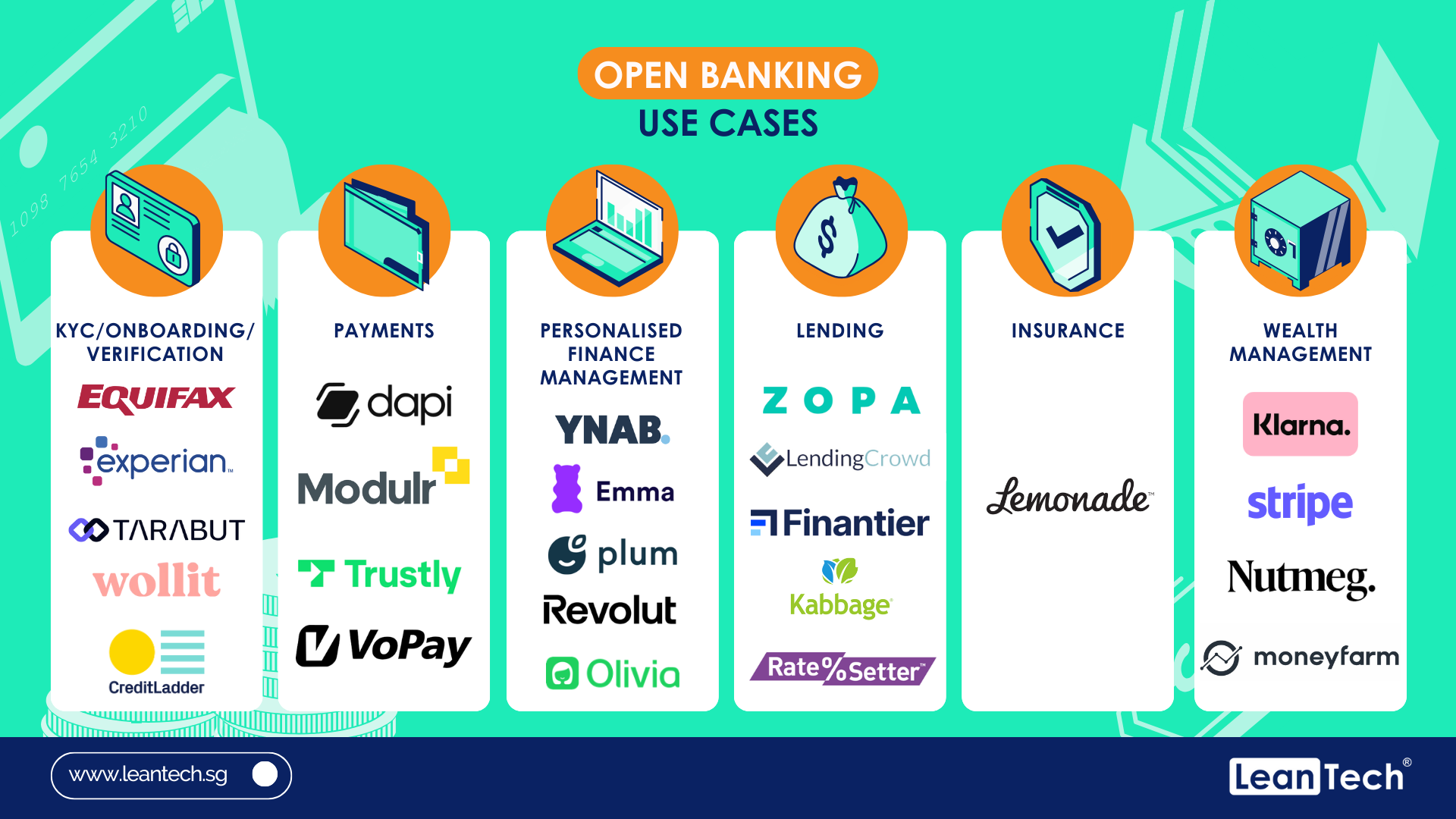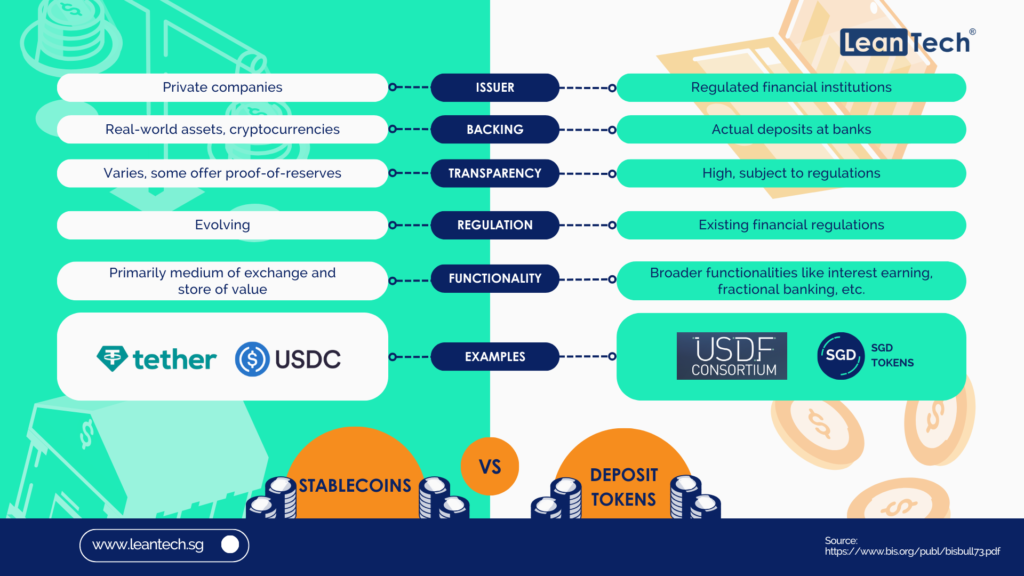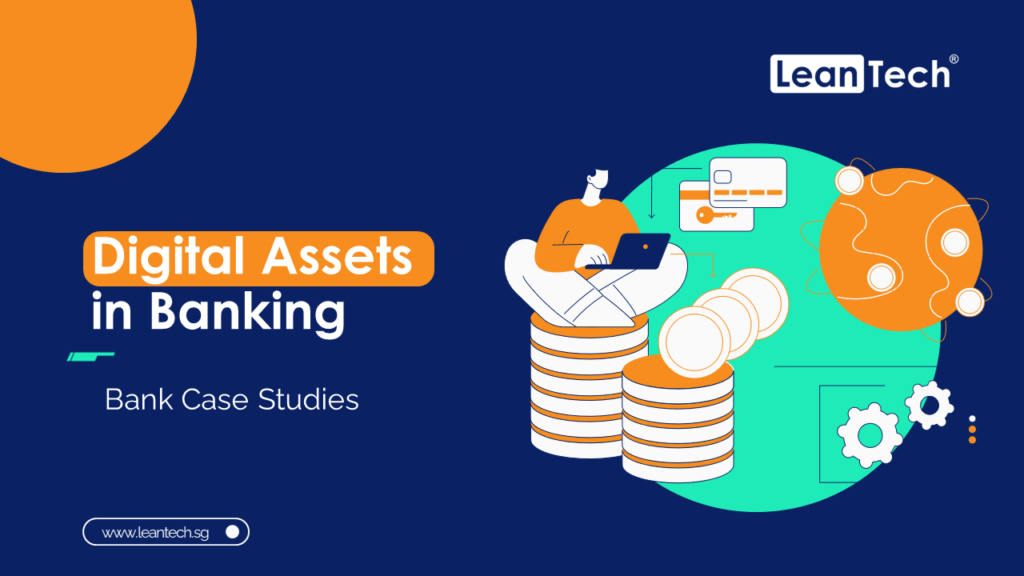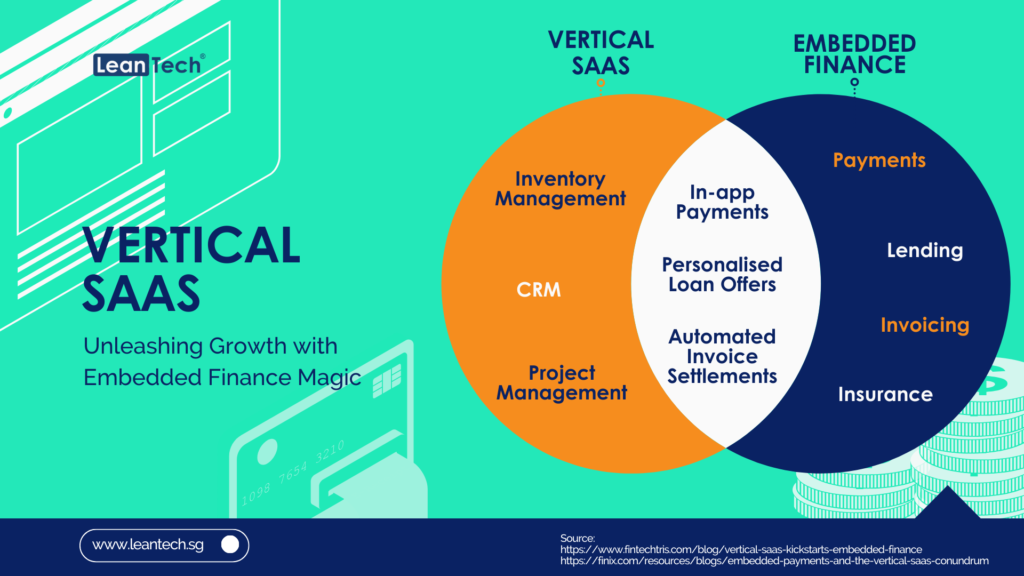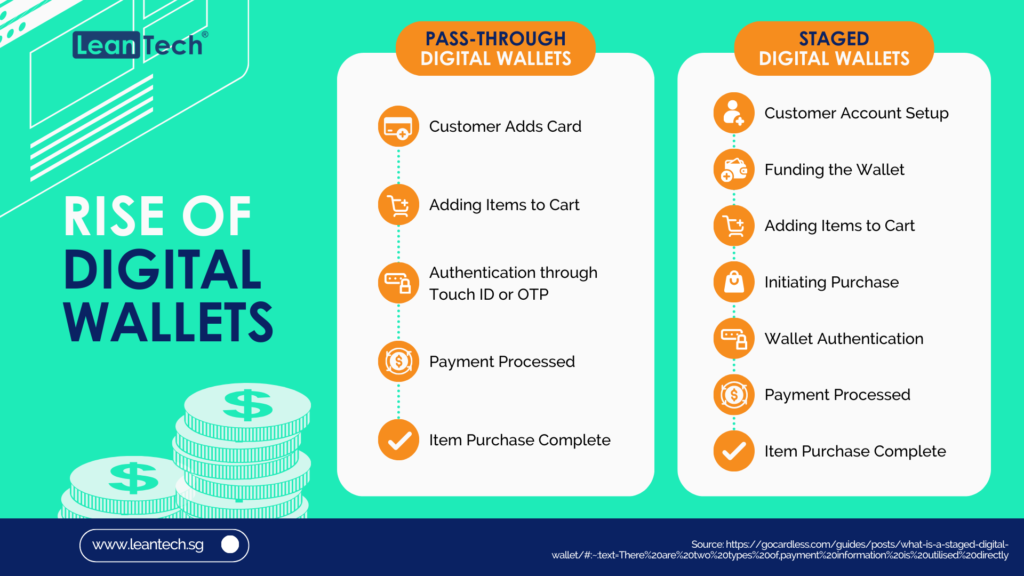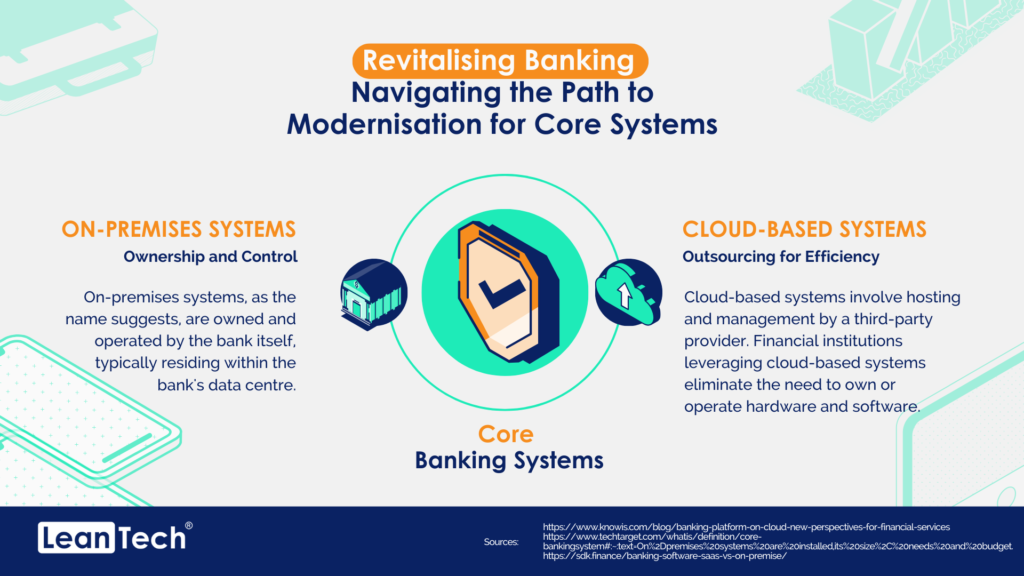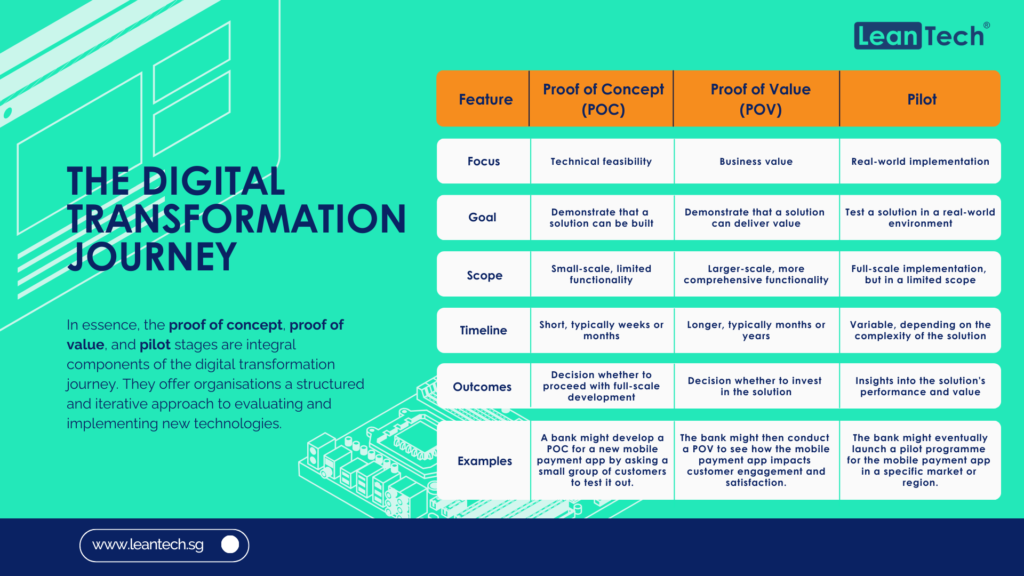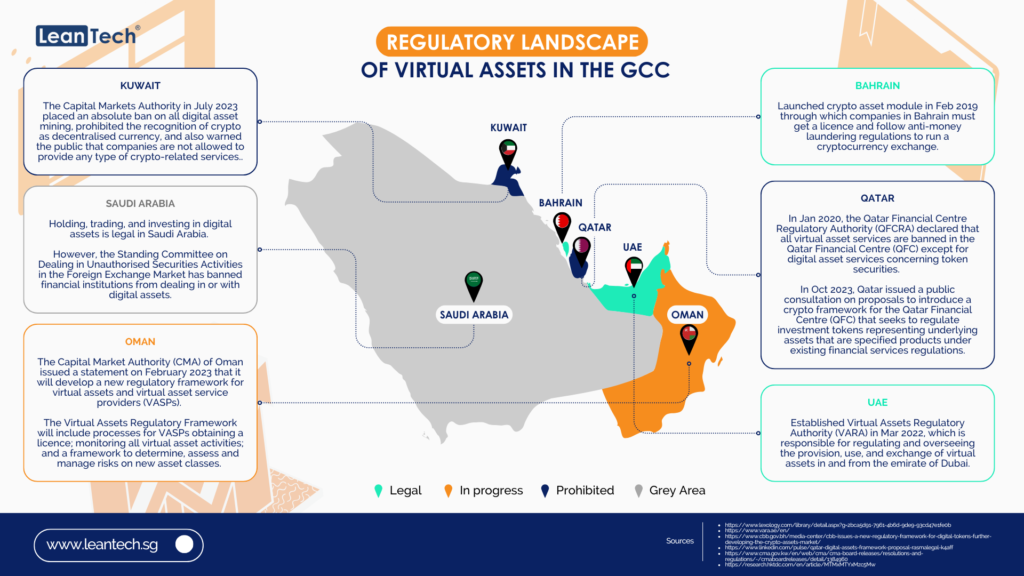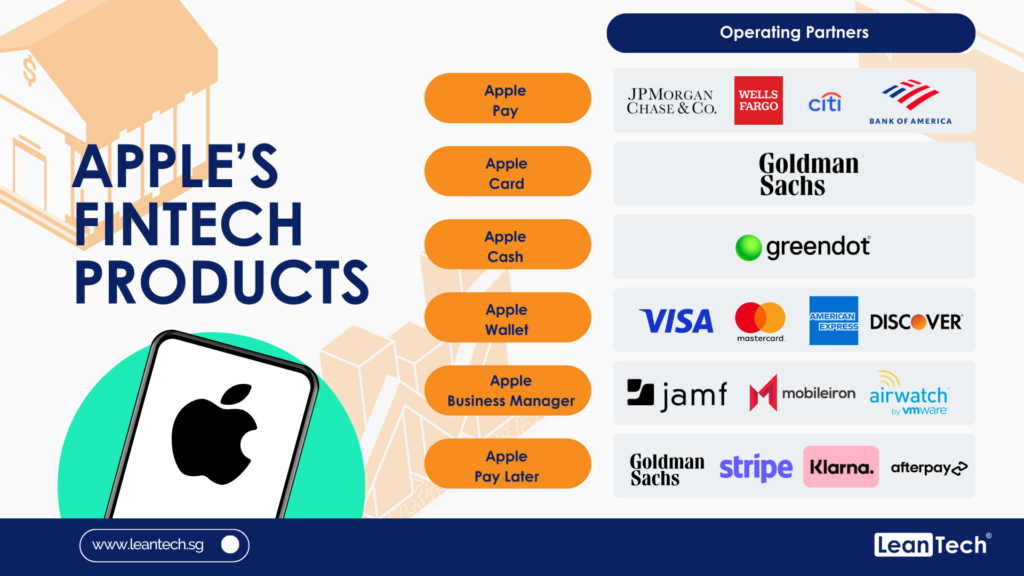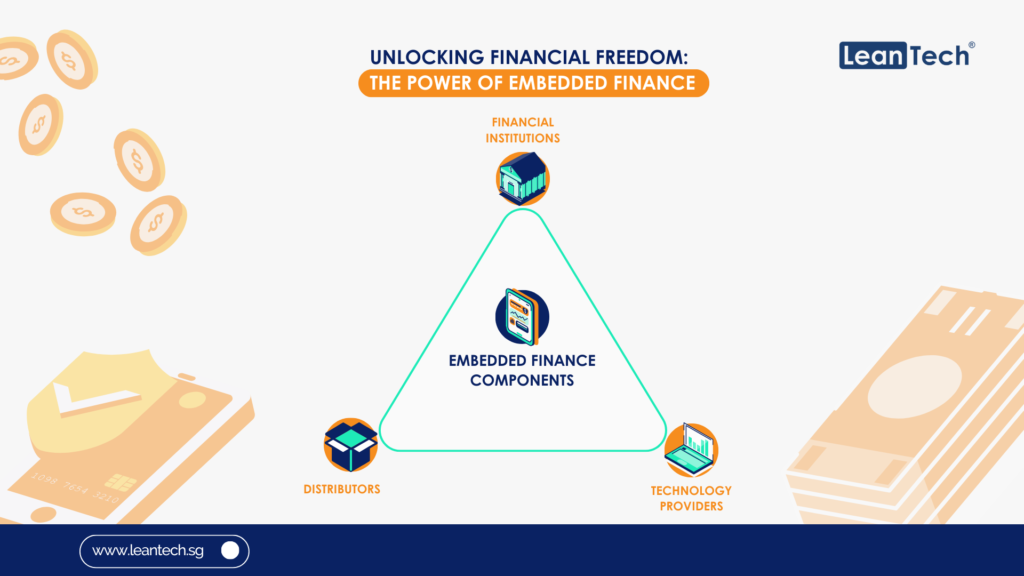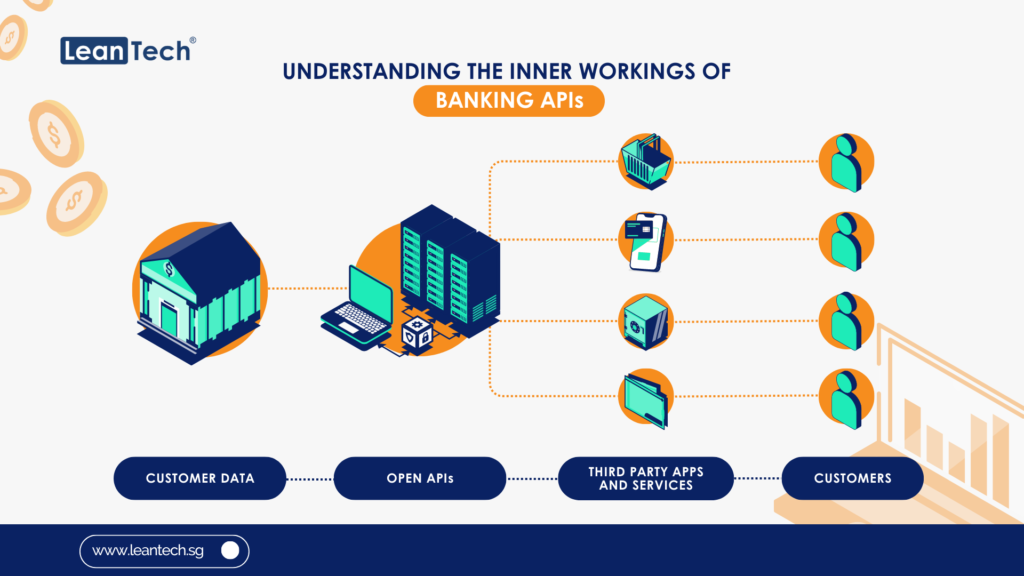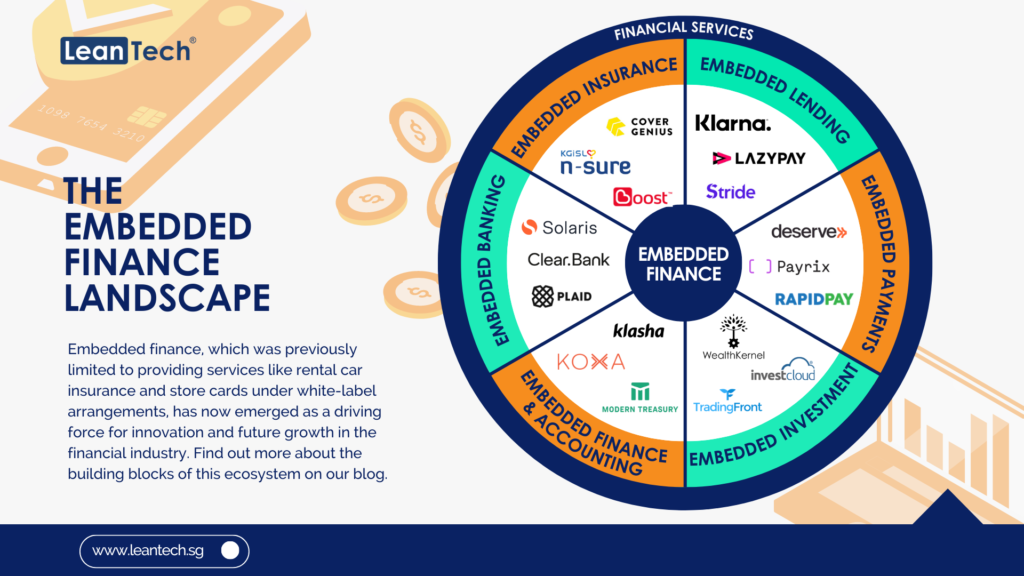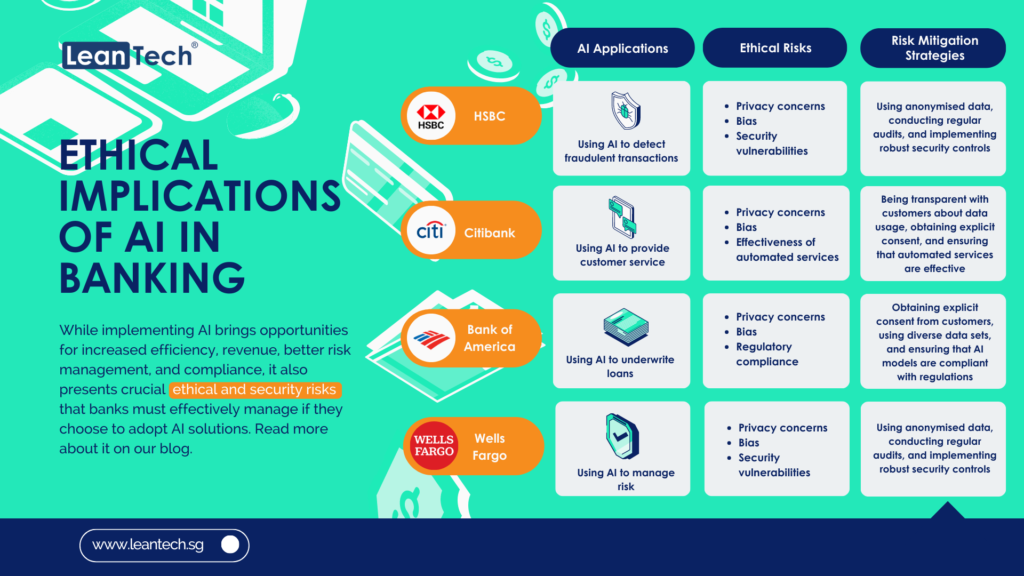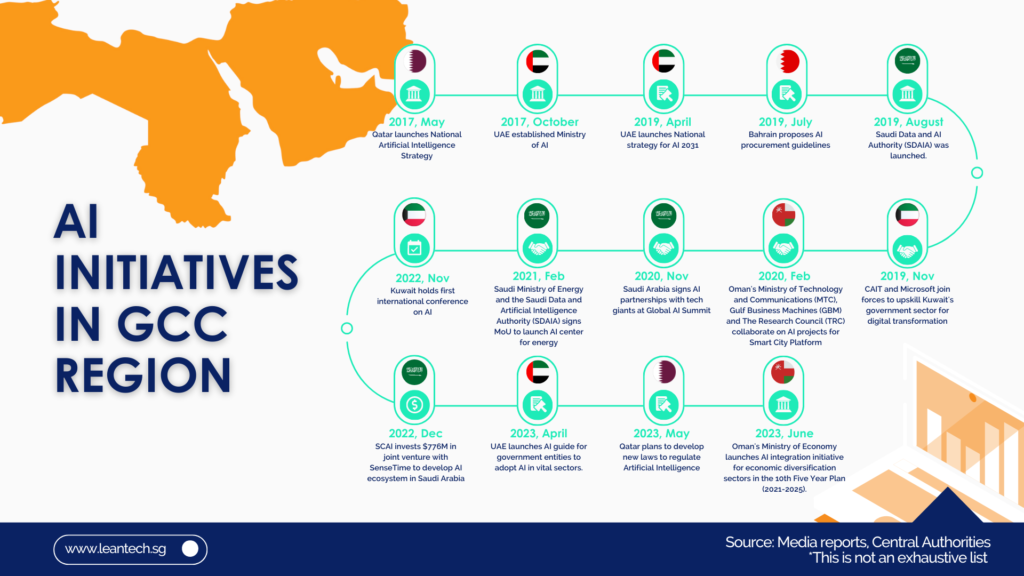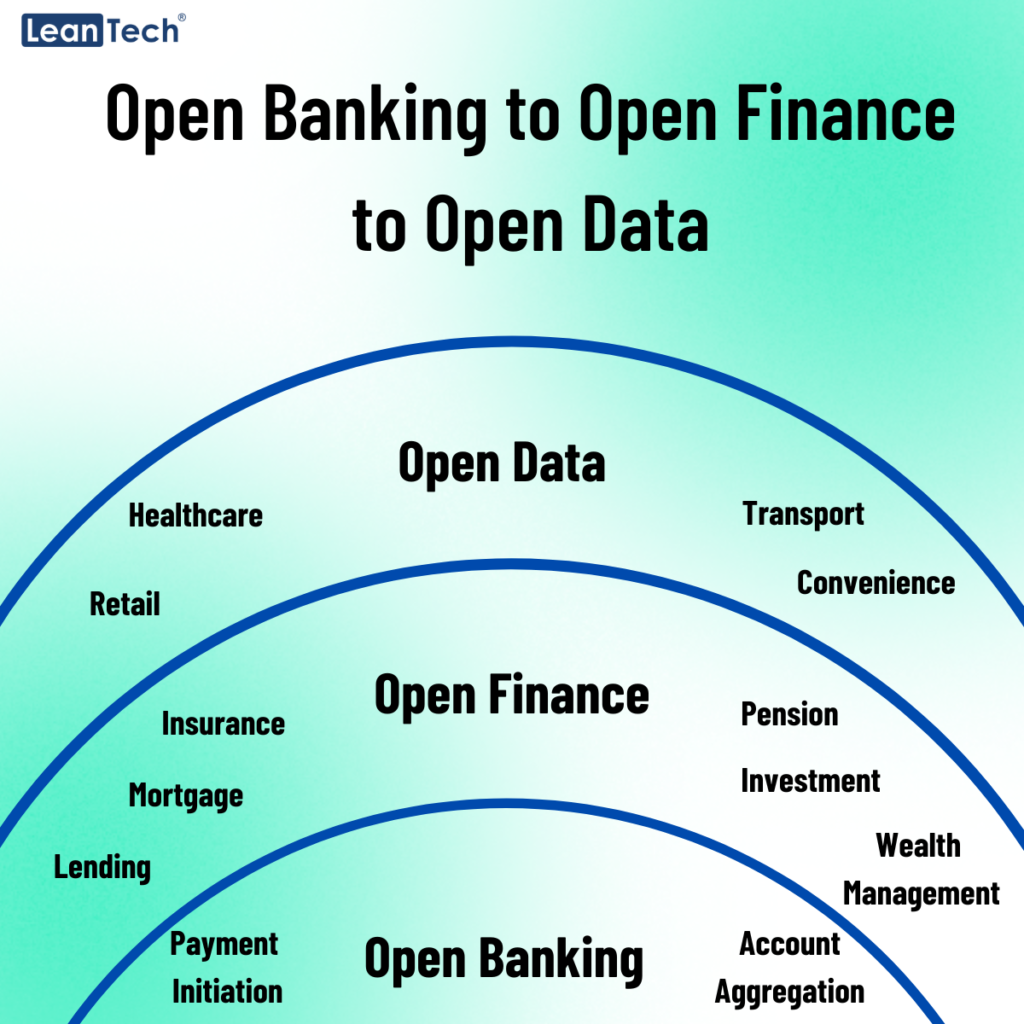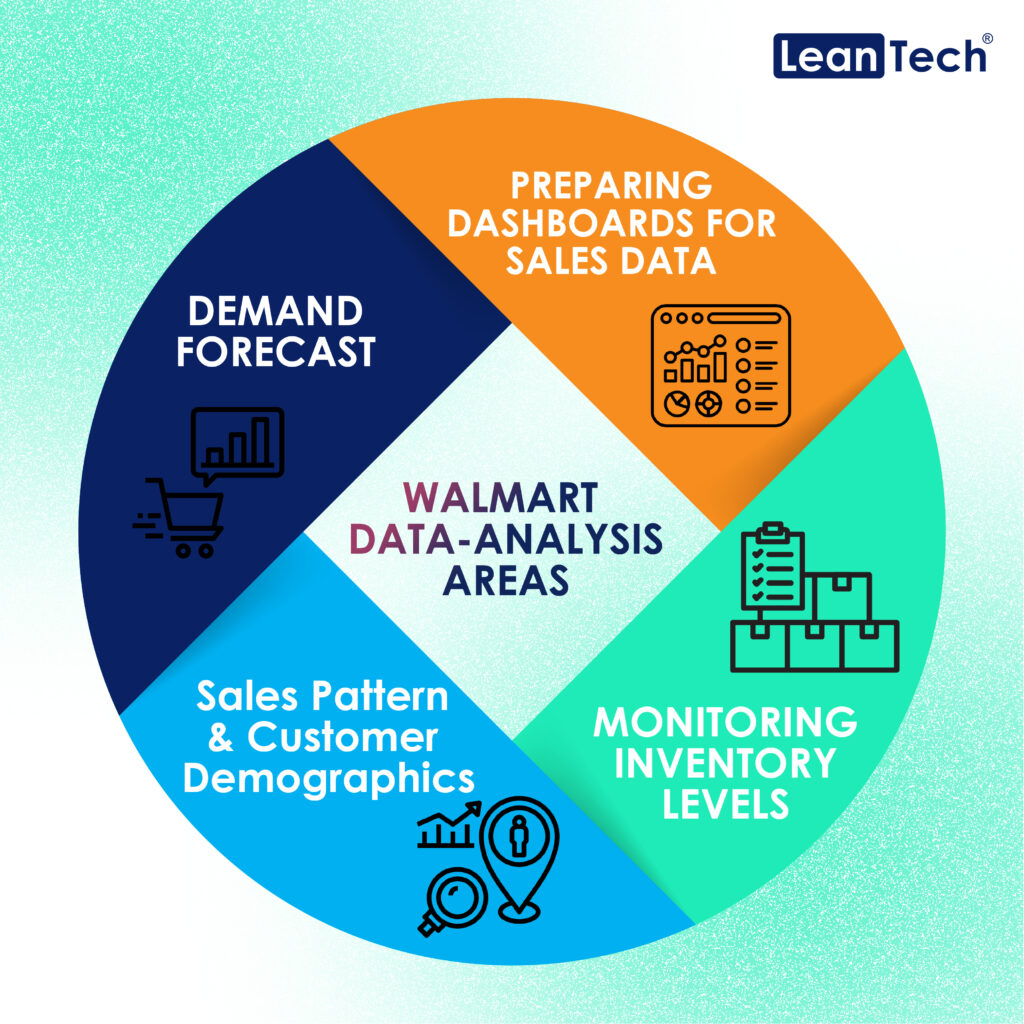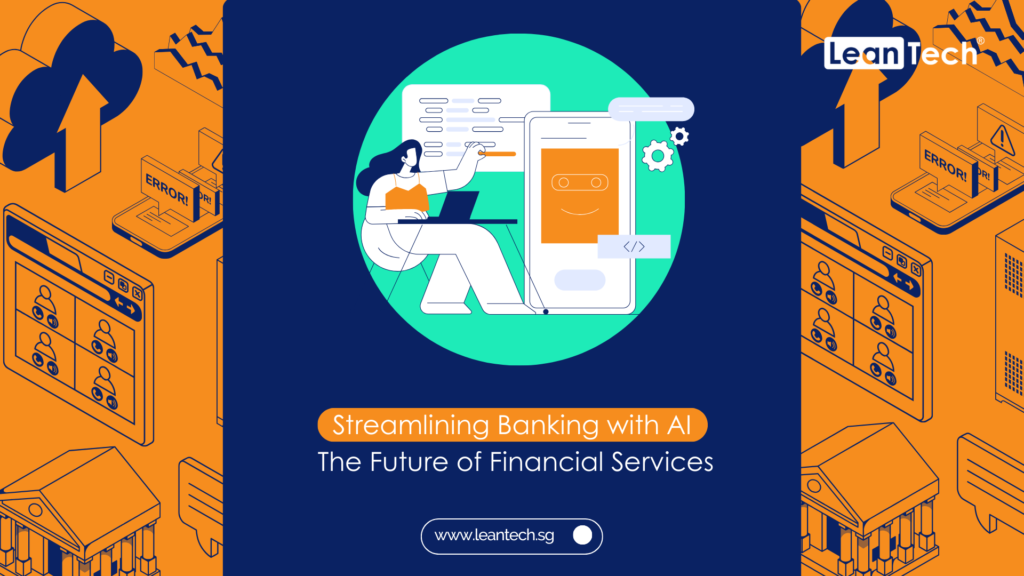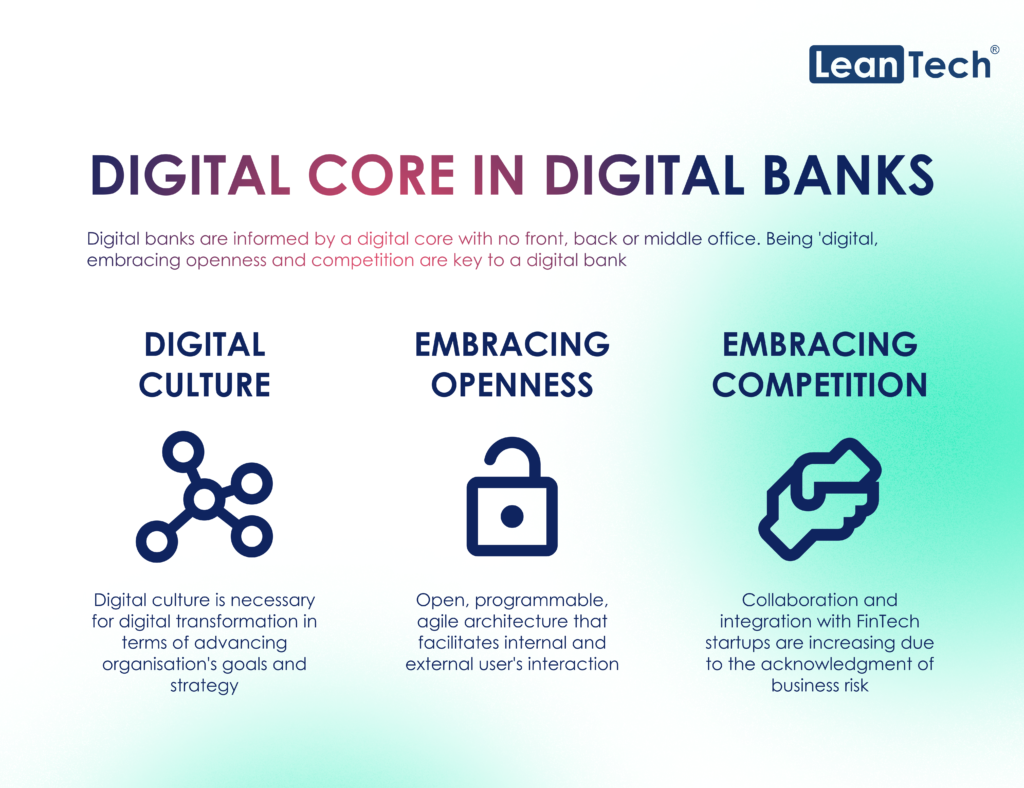In recent years, the financial landscape has undergone a revolutionary transformation, thanks to the advent of open banking. Expected to be valued at $123.7 billion by Allied Market Research, this innovative approach to financial services has paved the way for various use cases that enhance customer experiences, streamline operations, and foster innovation across the industry. Embarking on an exploration of pivotal open banking use cases, we’ll uncover how various companies are at the forefront of transforming KYC/Onboarding/Verification, Payments, Personalised Finance Management, Lending, Insurance, and Wealth Management. These companies are not merely navigating these financial landscapes; they are actively reshaping them with the help of open banking.
KYC, Onboarding and Verification: The Gateway to Frictionless Transactions
Open Banking sets the stage for a seamless onboarding experience, transcending traditional hurdles associated with Know Your Customer (KYC) processes. By tapping into an expansive network of interconnected financial institutions, users can effortlessly verify their identity, expediting account creation while ensuring robust compliance measures are met. This not only enhances customer satisfaction but also lays the foundation for a secure and transparent financial ecosystem.
Payments 2.0: Navigating a New Era of Transactional Simplicity
In the Open Banking era, payments undergo a revolutionary evolution. The interconnected nature of financial institutions allows users to initiate transactions, gain comprehensive insights into their financial landscape, and conduct cross-border payments without navigating through multiple platforms. This heightened interoperability simplifies payment processes, slashes transaction costs, and elevates the overall efficiency of the financial ecosystem.
Personalised Finance Management: Tailoring Insights for Financial Wellness
A standout feature of Open Banking lies in its capacity to offer personalised finance management tools. Armed with access to an individual’s comprehensive financial data, applications can provide tailored insights, budgeting advice, and investment suggestions. This level of personalisation empowers users to make informed financial decisions, fostering better financial health and resilience.
Lending Redefined: The Role of Open Banking in Modern Borrowing
Open Banking disrupts traditional lending landscapes by streamlining the loan application and approval process. Financial institutions can now assess a borrower’s creditworthiness with unparalleled accuracy, considering a holistic array of financial data. This not only expedites loan approvals but also promotes financial inclusion, catering to individuals without a conventional credit history.
Insurance Innovation: Precision and Fairness in Risk Assessment
In the insurance sector, Open Banking serves as a catalyst for more accurate risk assessment. Insurers gain access to a customer’s financial data, enabling them to tailor insurance policies based on individual circumstances. This not only leads to fairer premiums but also allows insurance providers to mitigate risks more effectively, fostering a symbiotic relationship between insurers and policyholders.
Navigating Wealth Horizons: Open Banking in Wealth Management
Transforming wealth management, Open Banking provides a consolidated view of a user’s assets and liabilities across diverse financial institutions. This holistic approach empowers wealth managers to offer more informed investment strategies, optimise portfolios, and ensure superior financial outcomes for their clients.
Embracing the Future
As we stand on the brink of a financial revolution propelled by Open Banking, the road ahead is filled with endless possibilities. Embracing this transformative force requires a collective effort from financial institutions, regulators, and consumers alike.
The way forward involves continued collaboration to establish robust security measures, stringent data protection frameworks, and standardised protocols. Financial institutions must embrace innovation, integrating Open Banking seamlessly into their operations to unlock its full potential. Regulators play a pivotal role in crafting policies that strike a balance between fostering innovation and ensuring consumer protection.
For consumers, the path ahead involves embracing the convenience and empowerment that Open Banking offers. It’s about leveraging personalised services, streamlined transactions, and enhanced financial management tools to take control of one’s financial journey.

